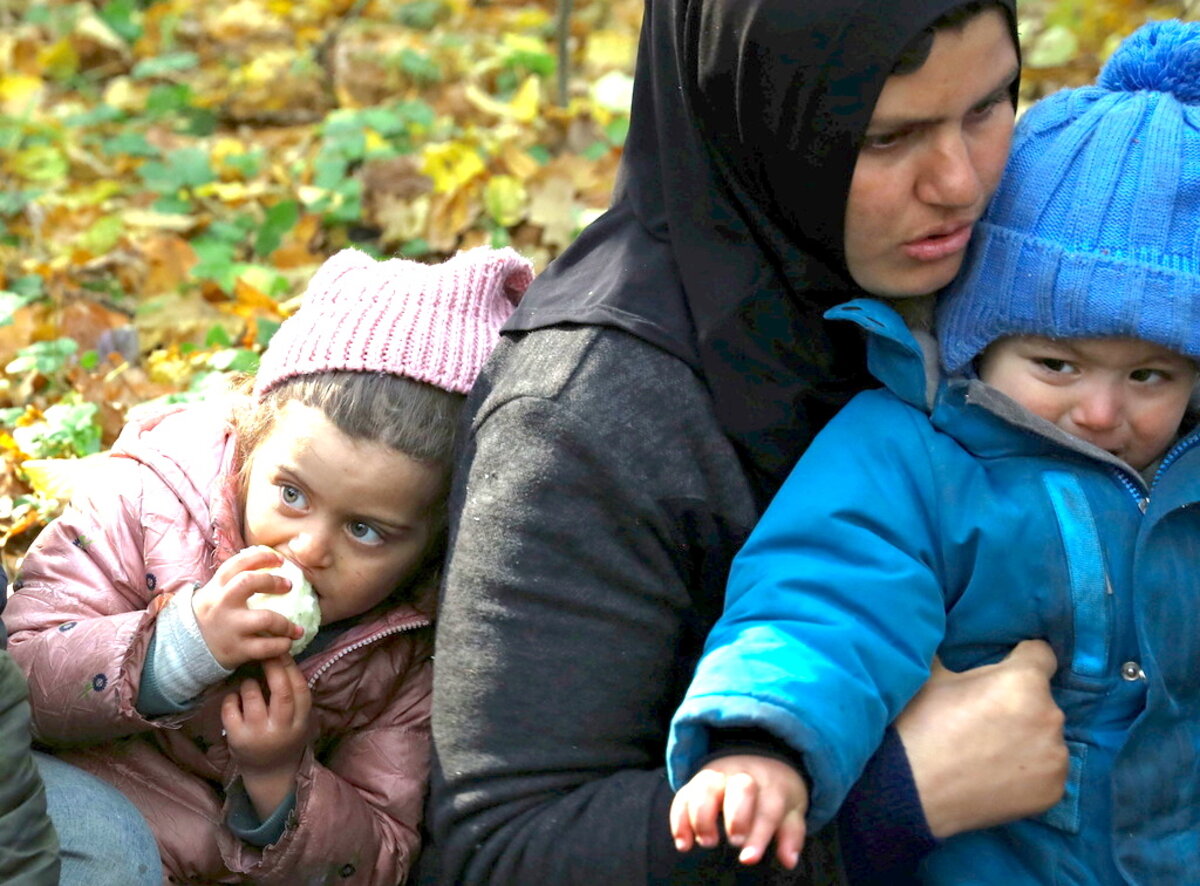As cities wrestle with how to reform policing to reduce the use of lethal force, Albuquerque has created a new kind of responder on the streets. It sends behavioral specialists to deal with calls that involve emergencies like mental health issues and homelessness.
Monitor Daily Podcast
- Follow us:
 Linda Feldmann
Linda Feldmann
Last year, I met an extraordinary man, a veteran labor lobbyist named Robert Juliano, or “Cool Bobby J,” as he called himself.
Mr. Juliano loved to talk – about growing up on Chicago’s West Side, about arriving in Washington in the early 1970s, about his work for hotel and restaurant employees.
But most of all, he loved to talk about his old friend “Joey” Biden. They met in 1973, right after Mr. Biden joined the Senate. Soon Mr. Juliano was “Uncle Bobby” to the senator’s young sons. Earlier this year, a letter arrived at his home, on White House stationery, wishing him a happy 80th birthday.
“I’ll always remember how you were there for us from the beginning of this journey,” President Biden wrote, with quotes from William Butler Yeats and Satchel Paige. “Miss you pal!”
When Mr. Juliano died last month, tributes poured forth from both sides of the aisle. Democratic Rep. Rosa DeLauro of Connecticut “an unmatched champion of workers.”
Former Republican aide Doug Heye : “While walking Capitol halls or camped out at the shoe shine stand, he taught me the value of bipartisanship. A funny, kind, generous, ribald soul.”
In , Newsmax reporter John Gizzi – a neighbor and friend – tells of how Mr. Juliano backed Nevada GOP Sen. Paul Laxalt for reelection, because of his relationship with the restaurant workers.
Retired Monitor correspondent Gail Russell Chaddock recalls how she noticed Mr. Juliano during Senate “stakeouts,” and introduced herself. Soon, he became a regular source and dinner guest.
“If all those regaled by his adventures could pool their stories, we’d have quite a picture of Washington back when people talked to each other,” Ms. Chaddock says.
I, too, enjoyed our regular chats, full of reminders of a gentler era – one that Cool Bobby J hoped wasn’t too far gone.










